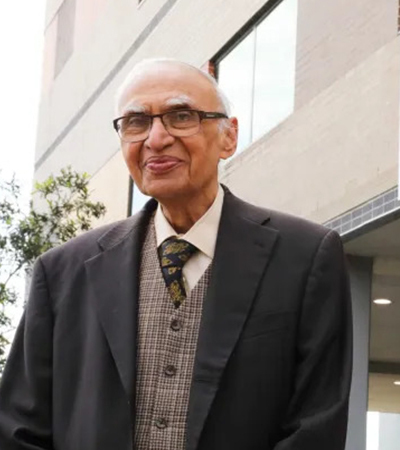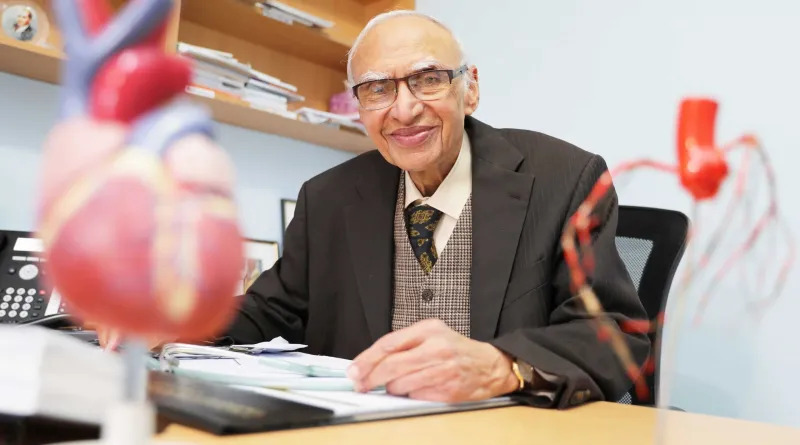Conditions we treat
Conditions we treat
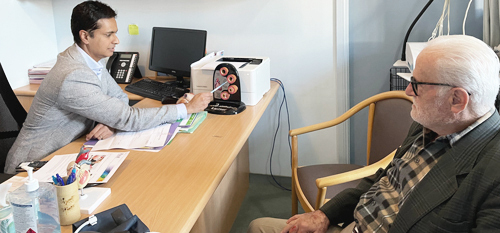
Coronary artery disease
The coronary arteries are vessels that supply oxygenated blood to heart muscle. Coronary artery disease refers to the process of fatty plaque build-up in the vessel wall (atherosclerosis). Risk factors for coronary artery disease include high blood pressure, smoking, high cholesterol, diabetes and a family history of coronary artery disease. Coronary artery disease develops over many years and may not cause symptoms if mild.
However, severe coronary artery disease can cause chest pain (angina), or shortness of breath, usually with exertion. If a plaque suddenly bursts, a blood clot can form and may block the artery completely, leading to a heart attack. Treatment of coronary disease includes diet and lifestyle changes, medications and if severe, stenting of the coronary arteries or coronary bypass surgery.
High blood pressure
High blood pressure is defined as greater than 140/90 mmHg or greater than 130/80mmHg if you have diabetes or kidney disease. High blood pressure increases your risk of developing coronary artery disease, kidney failure, heart failure and having a stroke. Treatment of high blood pressure failure includes lifestyle changes, medications,and in some difficult to treat cases, keyhole procedures (renal artery denervation).
Valvular heart disease
There are four heart valves which regulate flow of blood through and out of the heart. Valve disease can result in valves not opening properly (stenosis), resulting in impaired forward flow or not closing properly, resulting in abnormal backwards flow (regurgitation). Heart valve disease can cause chest pain, breathlessness, weakness, dizziness and fainting. Mild valve disease can often be monitored, whereas in cases of severe valve disease, transcatheter (keyhole) procedures or open heart surgery might be recommended.
Heart failure
Heart failure is caused by weakening of the heart muscle or stiffening of the heart muscle so that it cannot relax properly. Heart failure symptoms include breathlessness, fatigue, and swelling of the abdomen, legs and feet. Common causes of heart failure include a previous heart attack, high blood pressure, heart valve disease, excessive alcohol use, viral infections, and inherited or congenital heart condition. Treatment of heart failure depends on the cause and may include lifestyle changes, medications, device implantation or surgery.
Congenital heart disease
Congenital Heart Disease (CHD) refers to abnormalities that arise during development of the heart and are present from birth. In Australia, CHD affects around 1 in every 100 births. There is a wide spectrum of abnormalities that fall under the label of CHD, ranging from simple to complex, and may affect the heart valves, muscle, and vascular connections.
Examples include relatively simple abnormalities such as atrial or ventricular septal defects (holes in the heart), to more complex lesions including tetralogy of Fallot, transposition of the great arteries, and univentricular conditions that often require multiple heart surgeries in childhood. Due to advances in medicine, there are an increasing number of adults with CHD, now outnumbering children with CHD. More resources for this population, including adult cardiologists with congenital expertise, are required, as all people living with CHD require lifelong cardiology care.
Heart rhythm problems
Arrhythmias are heart rhythm abnormalities when the heart may beat too fast, too slow, or in an irregular manner. The heart’s electrical system controls the rate and rhythm of the heartbeat. It consists of a network of specialised cells that generate electrical impulses and transmit them through heart muscle, causing it to contract and pump blood. Arrhythmias can occur when there is a problem with this electrical system.
Different types of arrhythmias include atrial fibrillation/flutter, supraventricular tachycardia, ventricular tachycardia/fibrillation and premature atrial/ventricular ectopic beats. Some arrhythmias may not require treatment, while others may need medical intervention, such as medications, lifestyle changes, medical procedures, or devices like pacemakers or implantable cardioverter-defibrillators (ICDs). If you suspect you have an arrhythmia or are experiencing symptoms such as palpitations, dizziness, chest pain, or shortness of breath, it is important to seek medical evaluation from a cardiologist for proper diagnosis and management.
A/Prof. Nidhikant Patel
Founder
MBBS MD FRACP FCSANZ
Learn more about the team at the centre of your care

Learn more about the team at the centre of your care
A/Prof. Nidhikant Patel
Founder & A/Professor
MBBS MD FRACP FCSANZ

Affiliated Hospitals
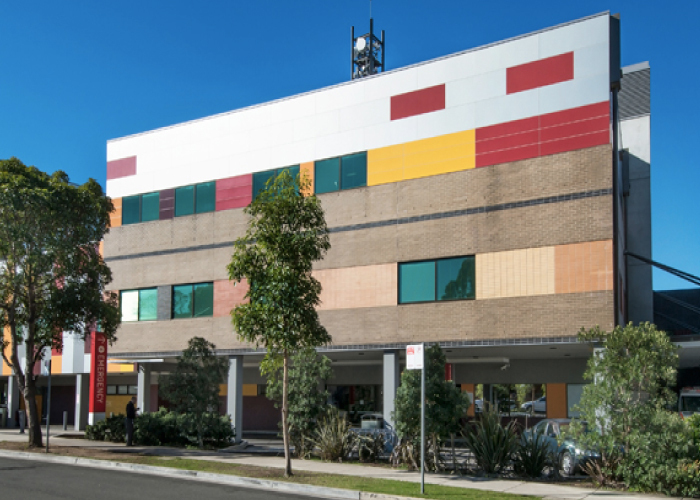

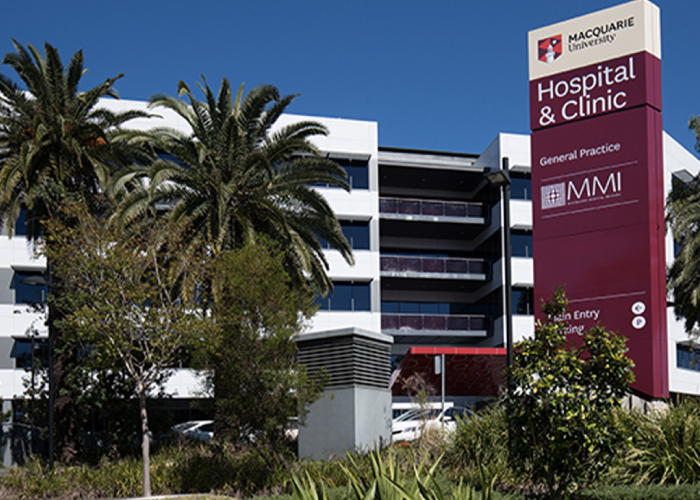
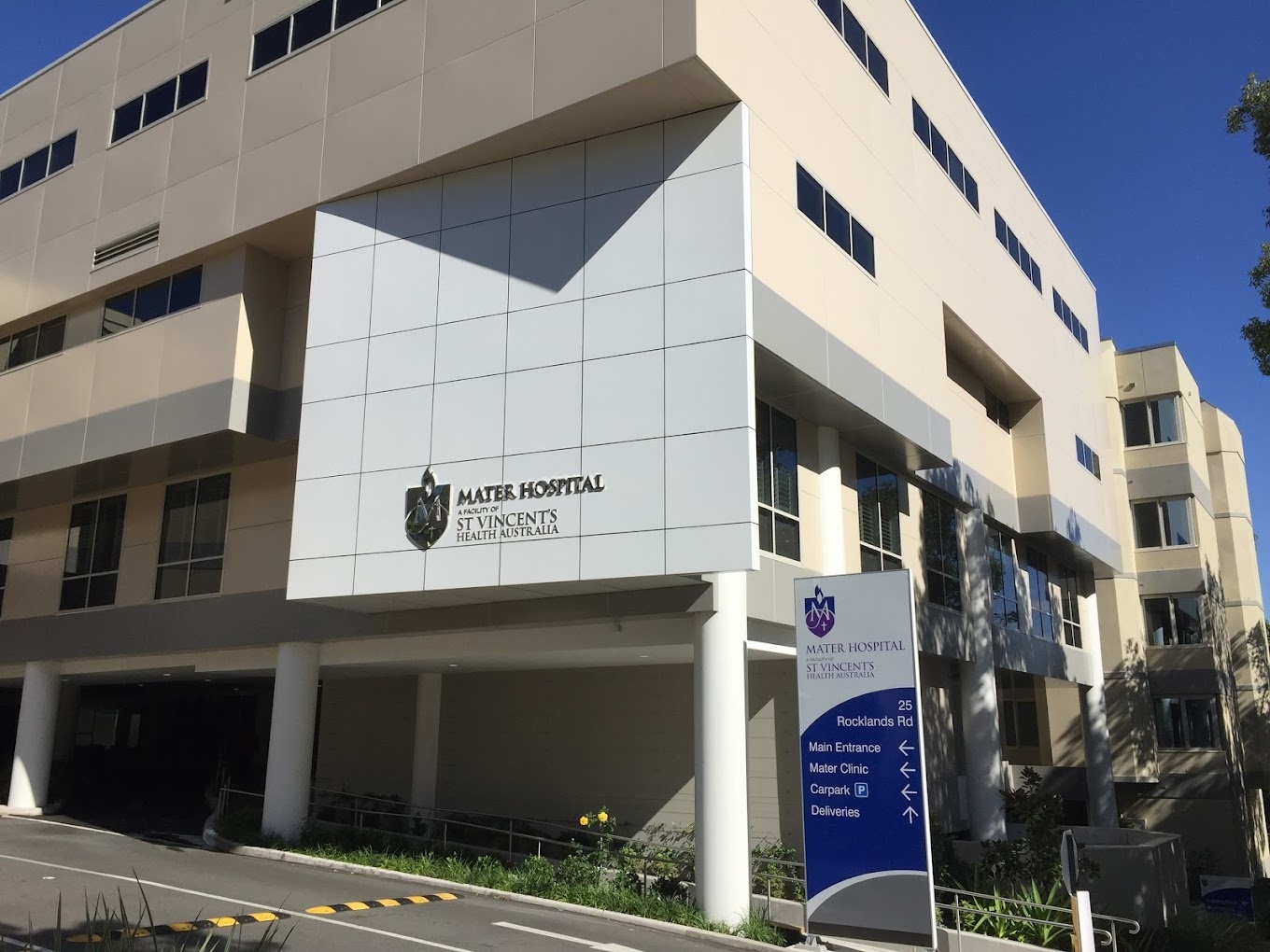
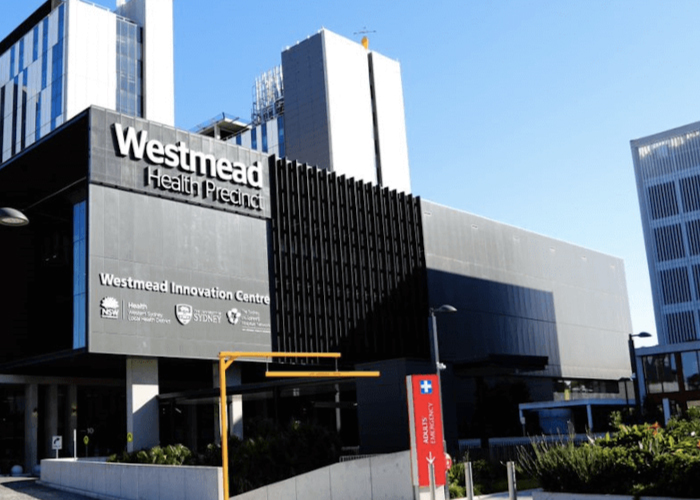
Book an Appointment
Call for appointment/GP referral
(02) 9646 4044

